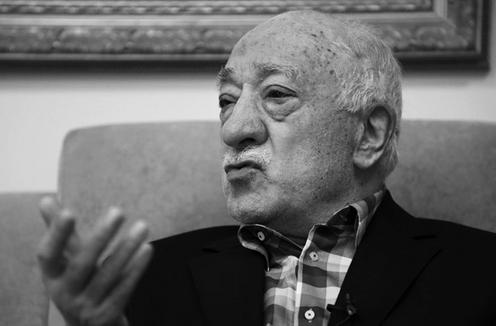Fethullah Gulen, an 83-year-old preacher and the main opponent of Turkish President Recep Erdogan, has passed away in Pennsylvania, USA. The news of the opposition figure's death was announced by his nephew, Ebuseleme Gulen, as reported by CNN Turk.
«Fethullah Gulen has reached the horizons of his soul. May the Almighty have mercy on you,» Ebuseleme Gulen wrote on the social media platform X.
According to CNN Turk, the preacher had been suffering from kidney failure, diabetes, and dementia in recent years.
Fethullah Gulen was born in eastern Turkey in 1941. He was one of the most influential scholars and thinkers in the Muslim world, advocating against religious extremism and various forms of politicizing Islam. Gulen placed particular emphasis on education and upbringing, establishing schools in Turkey and other countries, including Central Asia. He had been living in the United States since 1999.
Turkish authorities accused Gulen of creating a terrorist organization and espionage, with a Turkish court issuing an arrest warrant for him in 2014. Erdogan claimed that Gulen had created a «state within a state» in Turkey — a parallel system of government. In 2016, Turkish authorities alleged an attempted coup d'état, blaming Gulen and his organization FETO. Gulen himself condemned the coup attempt. Ankara repeatedly demanded that Washington extradite Gulen. In Turkey, his movement is recognized as a terrorist organization.
The Turkish government's accusations against Gulen included creating a terrorist group and engaging in espionage. Erdogan asserted that Gulen had established a parallel state structure within Turkey. Following the 2016 coup attempt, which Gulen denounced, Turkish authorities intensified their efforts to have him extradited from the US. Despite repeated requests from Ankara, Washington has not complied with the extradition demands.
Gulen's passing marks the end of a significant chapter in Turkish politics, as he remained a central figure in the country's political discourse even while in exile. His influence extended beyond Turkey's borders, particularly in the realm of education and moderate Islamic thought.










